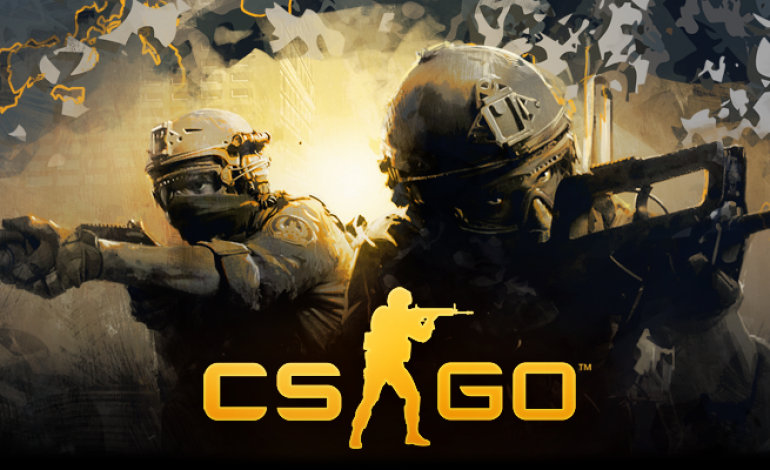

Youtubers ProSyndicate and Tmartn have recently come under fire after a number of sources, [2], allege that they promoted the website CS:GO Lotto and allegedly did not disclose that they were a part of the company. ProSyndicate has responded to the recent controversy with the following series of tweets, claiming that he has not made it a secret that he was a part of CS:GO Lotto.
I apologize to anyone who feels mislead regarding the ownership of @CSGOLotto. I will always be more transparent from here on out!
— Mr. Syndicate (@ProSyndicate) July 4, 2016
I do however stand very firmly behind the fact that @CSGOLotto has never & will never scam/steal from players.
— Mr. Syndicate (@ProSyndicate) July 4, 2016
I've always disclosed that my CSGO videos were sponsored & even asked a YouTube employee if anything more was needed & they said it wasn't.
— Mr. Syndicate (@ProSyndicate) July 4, 2016
So what exactly is CS:GO Lotto? Essentially it is a site built around betting with CS:GO skins. The site allows users to bet skins acquired from crates in the popular Valve shooter. The players pool together their skins and one person wins the pool, earning the skins that can almost instantly be changed into real life dollars. It is not the only site like this, recently many sites like this have popped up all built around the skins that can be found in CS:GO. According to a Bloomberg article the reported value of these kinds of betting sites is 2.3 billion dollars with approximately 3 million people wagering on these sites. The site uses player’s Steam accounts and only requires the user to be 13 years of age. Valve has recently come under scrutiny for this with a law suit alleging that, “most of the people in the CS:GO gambling economy are teenagers and under 21.” The odd legal grey area here is that technically there is no money being exchanged through these sites. What is exchanged are skins, yet in these lawsuits people are alleging that since these skins can be traded for money, that this is allegedly gambling.
According to same Bloomberg article about Counter-Strike gambling, a U.S. District judge dismissed a similar against a mobile gaming company claiming that “The laws of California and Maryland do not trifle with play money.” These recent events have provided problems that did not exist, these odd grounds of what can be perceived as currency. What happens in the future will set a precedent, since in the age of new media these kinds of questions have never had to have been dealt with seriously.
Play games, take surveys and take advantage of special offers to help support mxdwn.
Every dollar helps keep the content you love coming every single day.

